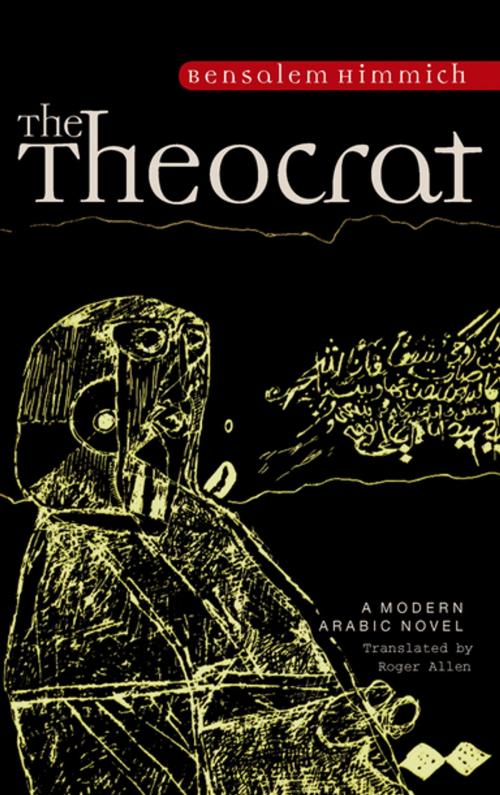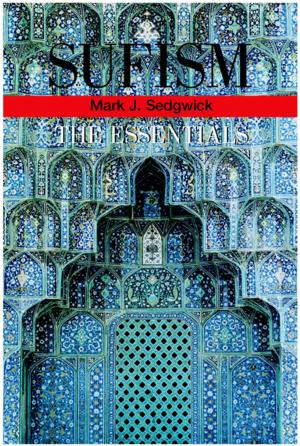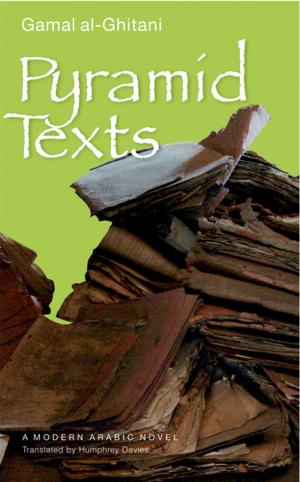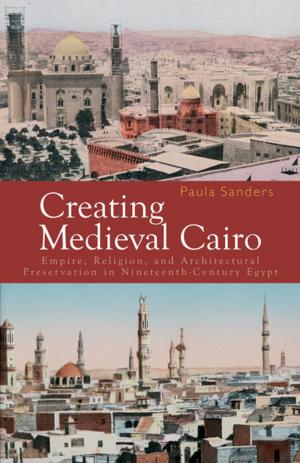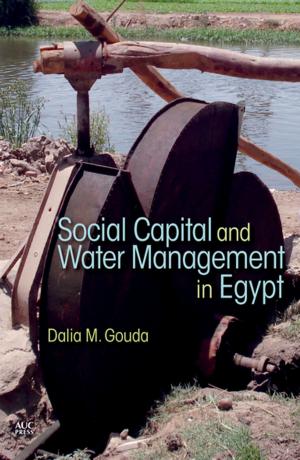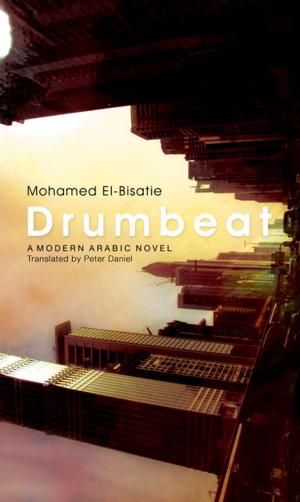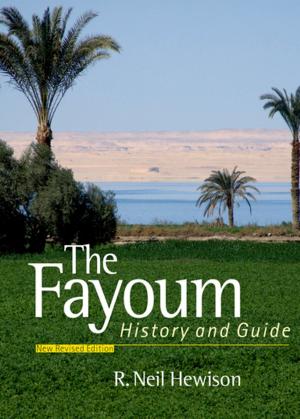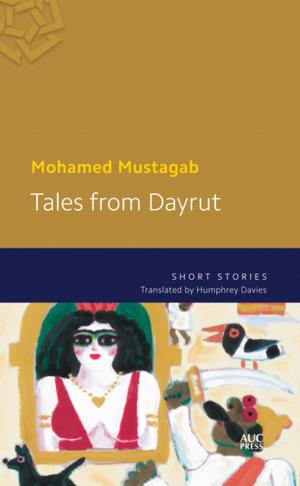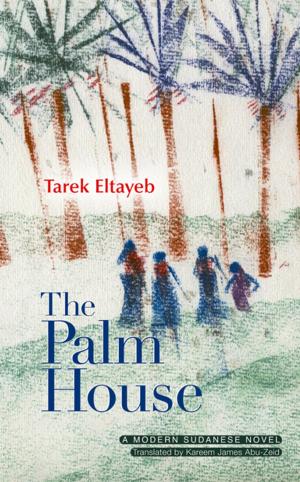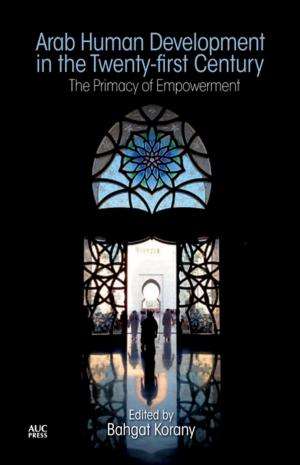| Author: | Bensalem Himmich | ISBN: | 9781617972027 |
| Publisher: | The American University in Cairo Press | Publication: | July 1, 2009 |
| Imprint: | The American University in Cairo Press | Language: | English |
| Author: | Bensalem Himmich |
| ISBN: | 9781617972027 |
| Publisher: | The American University in Cairo Press |
| Publication: | July 1, 2009 |
| Imprint: | The American University in Cairo Press |
| Language: | English |
The Theocrat takes as its subject one of Arab and Islamic history's most perplexing figures, al-Hakim bi-Amr Illah ("the ruler by order of God"), the Fatimid caliph who ruled Egypt during the tenth century and whose career was a direct reflection of both the tensions within the Islamic dominions as a whole and of the conflicts within his own mind. In this remarkable novel Bensalem Himmich explores these tensions and conflicts and their disastrous consequences on an individual ruler and on his people. Himmich does not spare his readers the full horror and tragedy of al-Hakim's reign, but in employing a variety of textual styles including quotations from some of the best known medieval Arab historians; vivid historical narratives; a series of extraordinary decrees issued by the caliph; and, most remarkably, the inspirational utterances of al-Hakim during his ecstatic visions, recorded by his devotees and subsequently a basis for the foundation of the Druze community he succeeds brilliantly in painting a portrait of a character whose sheer unpredictability throws into relief the qualities of those who find themselves forced to cajole, confront, or oppose him.
The Theocrat takes as its subject one of Arab and Islamic history's most perplexing figures, al-Hakim bi-Amr Illah ("the ruler by order of God"), the Fatimid caliph who ruled Egypt during the tenth century and whose career was a direct reflection of both the tensions within the Islamic dominions as a whole and of the conflicts within his own mind. In this remarkable novel Bensalem Himmich explores these tensions and conflicts and their disastrous consequences on an individual ruler and on his people. Himmich does not spare his readers the full horror and tragedy of al-Hakim's reign, but in employing a variety of textual styles including quotations from some of the best known medieval Arab historians; vivid historical narratives; a series of extraordinary decrees issued by the caliph; and, most remarkably, the inspirational utterances of al-Hakim during his ecstatic visions, recorded by his devotees and subsequently a basis for the foundation of the Druze community he succeeds brilliantly in painting a portrait of a character whose sheer unpredictability throws into relief the qualities of those who find themselves forced to cajole, confront, or oppose him.
